Read Issue 1: All About the Climate Law here.
Read Issue 2: Responding to a Crisis: Climate and Corona here.
Read Issue 3: Will COVID-19 Destroy or Empower the European Green Deal here
Read Issue 4: Financing the Green Deal here
Read Issue 5: The EU Recovery Plan here
Read Issue 6: The Mercosur Trade Agreement: A Lose-Lose Deal here
Read Issue 7: Farm to Fork Strategy here
Read Issue 8: The European Climate Targets by 2030 here
Read Issue 9: How Trees Can Stop Climate Change here
Read Issue 10: Getting out of the red: The Greenhouse Gas Budget here
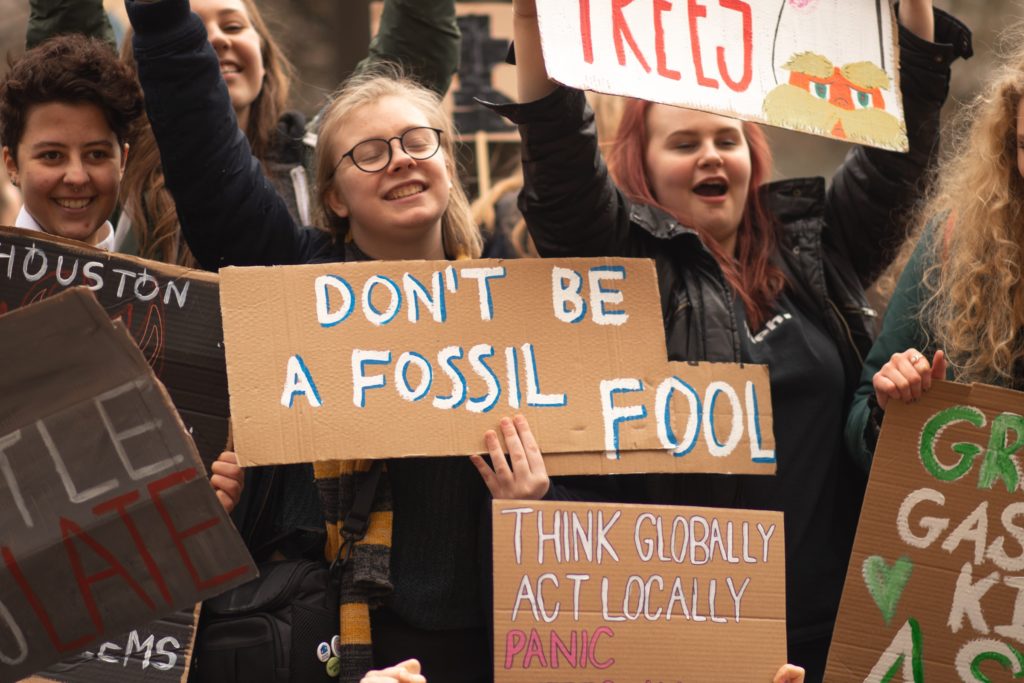
In all of our blogs, we’ve been talking about the most obvious and urgent climate policies like implementing a greenhouse gas budget, reforestation, halting destructive trade agreements, putting the money where it should be, and so on.
But the most important and urgent thing that is right in front of us, is something barely anyone is talking about. Why don’t we just stop all fossil fuels?
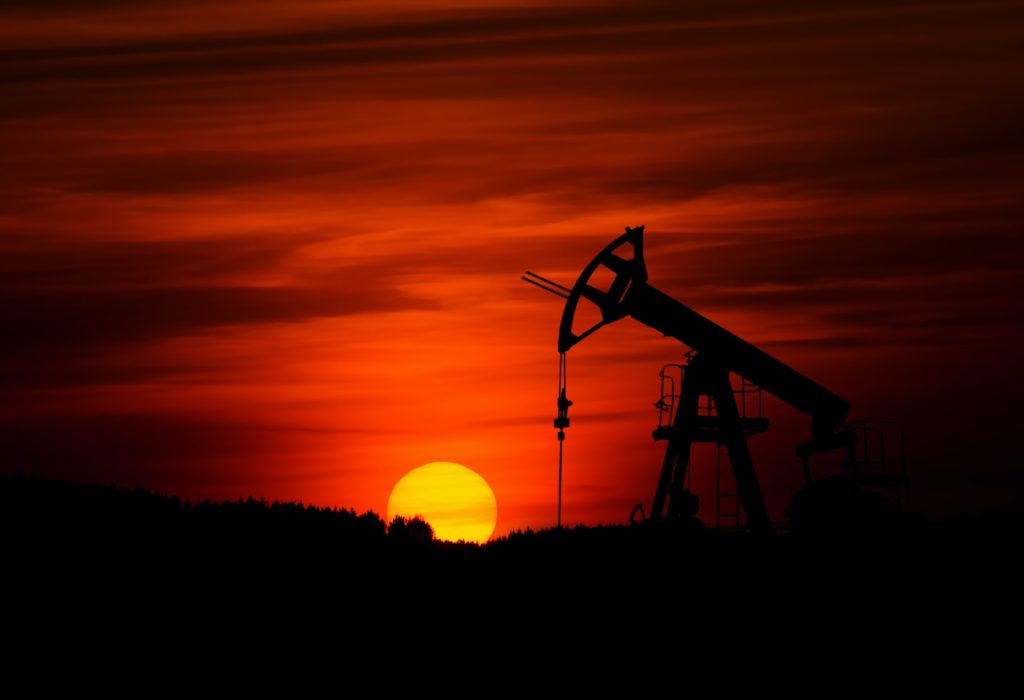
What are fossil fuels?
Let’s go over the basics. What actually are fossil fuels? Fossil fuels are formed from the remains of ancient animals and plants buried deep inside the earth for many years. Coal, oil, petroleum and natural gas are all considered fossil fuels and they have a high carbon content.
Fossil fuels are used to fuel our cars, produce our clothes and food, and light our homes. For the last century, we’ve basically built a society that is addicted to fossil fuels. Almost everything we do burns fossil fuels because it’s the way we produce most of our energy.
In recent years, many new alternative energy sources have been developed, like solar energy, wind energy, water energy, hydropower, and even biofuels and the renewable parts of waste.
However, according to data from the World Bank, 80% of all our energy has come from fossil fuels since 1971. When you take into account that most nuclear power plants were built after this date and most renewable energy farms were built over the past 10 years, this means that not only have we failed to make progress, we’re actually going backwards.
The reason for this is partly because much of the developing world finally gained access to modern forms of energy and the cheapest option was chosen. We are also using a lot more energy today than we used to. But, apart from that, the biggest reason is that the western world simply hasn’t made this a priority. We’ve gone on consuming more and more fossil fuels, and we’ve left our responsibilities behind.
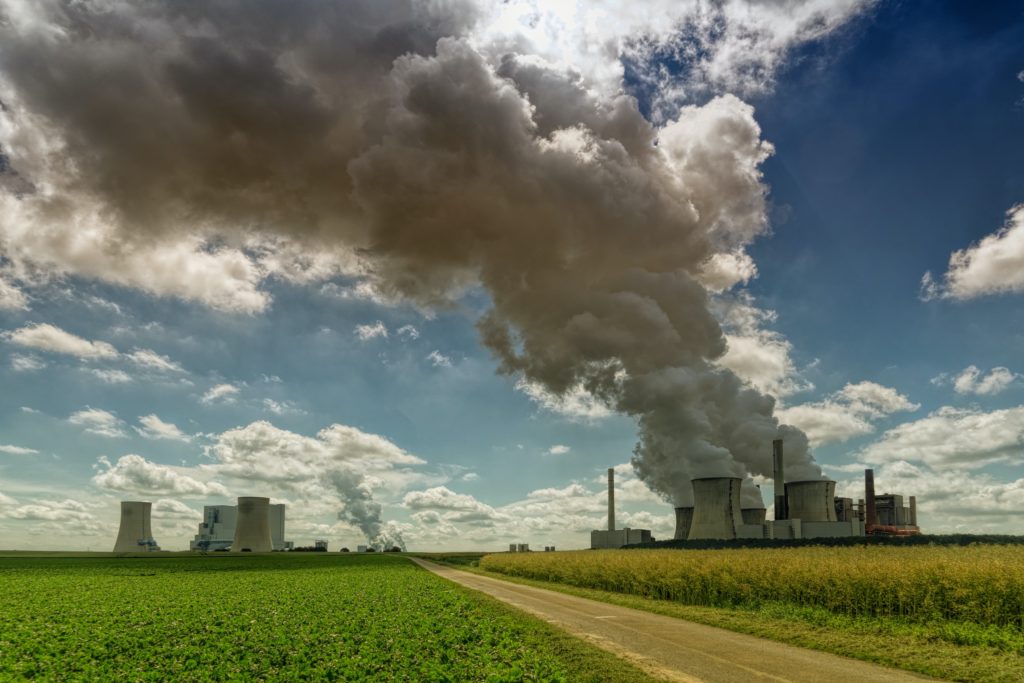
Why are fossil fuels bad for the climate?
When fossil fuels are burned, carbon dioxide and other gases are released into the Earth’s atmosphere. These gases trap heat in the atmosphere that would otherwise escape into space, and this, in turn, warms up the earth. This is known as the greenhouse effect, and it was identified by scientists as far back as 1896! In 2018, 89% of global CO2 emissions came from fossil fuels and industry. This makes fossil fuels the biggest cause of global warming and climate change. We’ve explained in our previous blogs what the consequences of climate change will be if we don’t take drastic action to stop the earth from warming above 1.5°C.
Some people argue that the transition from fossil fuels should be “a process”, where we first switch to natural gas (for example), since it emits less than coal and oil. However, gas still accounts for a fifth of the world’s global emissions and it also has ‘fugitive emissions’ that escape from the industry and are not counted.
As we’re rapidly approaching our planet’s tipping point, there’s an absolute urgency to stop the use of all fossil fuels as soon as possible. We need to switch to renewables – and we need to do it now.
The good news is that since Europe has signed the Paris Agreement, one way or another, there can be no future in fossil fuels.
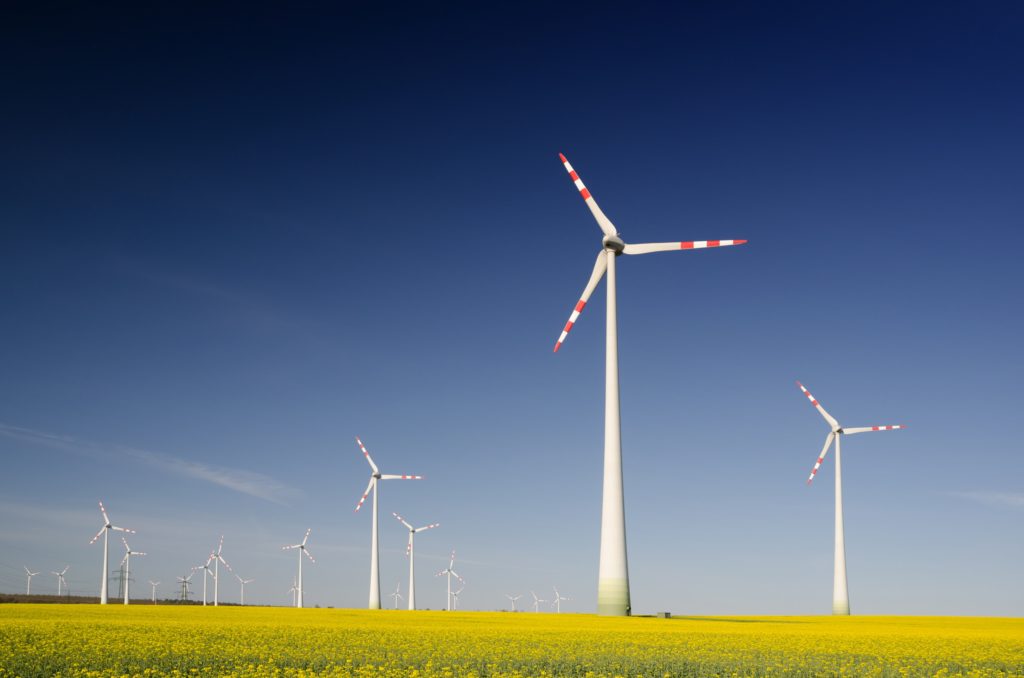
But are renewables realistic?
There are two main arguments that are often used against renewable energy. Firstly, that it would cost too much money and would be unaffordable. Secondly, that we would have to face ‘blackouts’ of energy which would leave our houses dark and cold.
Let’s start with the financial argument: the energy transition would not require a higher investment than the money we invest into keeping the current energy system alive. Especially not if we take into account that the current energy system requires more and more money to be invested into damage control, like environmental degradation, pollution, lung disease, etc. According to ActAlliance, in 2019, there were 15 extreme weather events causing more than $1 billion of damage. Four of them caused more than $10 billion of damage. On top of this, according to the International Renewable Energy Agency, in 2020, renewable energy is increasingly becoming cheaper than any electricity capacity based on fossil fuels. They have even called solar energy the cheapest in the world. We know that a lot of investors will have to pull out of fossil fuels to reach the Paris Agreement’s climate targets. A lot of economists, such as Nicolas Stern, have made the argument that it is more economically viable to make the energy switch sooner rather than later.
Secondly, let’s address the energy blackouts: there have been blackouts, like the one in California, which cut off electricity for several hundred thousand households during a record-breaking heatwave. Critics have blamed the state’s dependence on solar and wind energy but many leaders and experts have opposed that claim. The heatwave caused many people to turn on their air conditioning, which required a lot more energy than was available in the normal supplies. As climate change worsens, we need to be prepared to tackle many more heatwaves and other crises. Increasing our reliance on fossil fuels will only add fuel to that fire. In a letter to the State Governor, the presidents of California’s Power Grid, Public Utilities and Energy Commission, expressed their opinion that “climate change will mean more heat storms and more volatile imports, and that our changing electricity system may need larger reserves”. California should expand its renewables. After all, they said, “clean energy and reliable energy are not contradictory goals”.
Of course, a lot of research has been devoted to making sure no blackouts will occur during the energy transition. New research by Mark Z. Jacobson, a Professor of Civil and Environmental Engineering at Stanford University, and colleagues at the Universities of California, Berkeley and Aalborg in Denmark, states that there is absolutely no technical reason that the entire world couldn’t transition to 100% renewables. In this study, 80% of the energy transition could be finalised as soon as 2030.
Other researchers, like Tommaso Nesti, a PhD student at CWI’s Stochastics, have developed techniques to operate power grids in times of uncertainty concerning the energy supplies.
Neither the supposed blackouts nor the economic consequences are a valid excuse to prevent the energy transition from moving forward. So, what now?
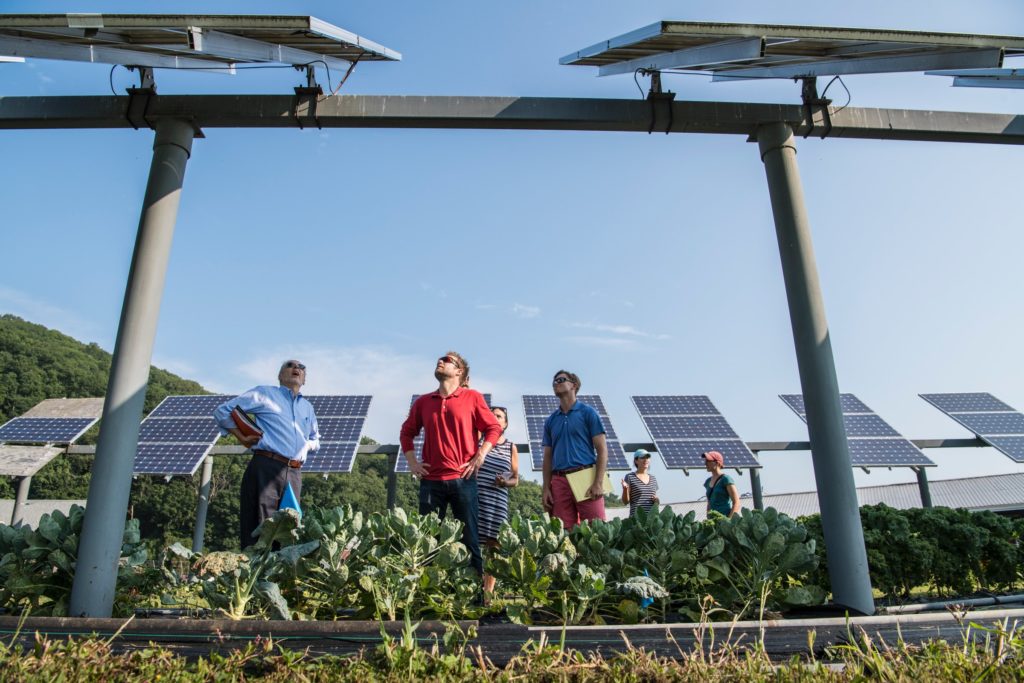
What next for Europe’s energy transition?
In the beginning of this year, the European Commission presented ‘the new Industrial Strategy’. According to Greens/EFA MEP, Michael Bloss, this is the ‘starting gun for the transformation of our industry towards climate neutrality”, with “energy efficiency and the expansion of renewable energies” at its core. This deal could be a first step to ensure that European industry falls in line with the Paris Agreement.
The Commission has also presented an offshore strategy for renewable energy. Offshore wind and wave energy could eventually contribute up to 40% of the energy supply by 2030. This is, of course, far from enough, and the Greens/EFA have criticised the Commission’s lack of ambition. What’s also worrying is that the Commission’s strategy also doesn’t include a plan to make sure this offshore wind energy won’t happen at the expense of biodiversity and marine ecosystems.
With the advent of the European Green Deal, and the slew of climate and energy-related policies put forward by the European Commission this year, it’s clear that both politically and in the private sector things are definitely moving. But, as always, the pace is frustratingly slow. It is not perceived as a priority. It should be taken for granted that every sector stops relying on fossil fuels and prepares for a future without. Because, at the end of the day, it’s humanity that’s at stake.
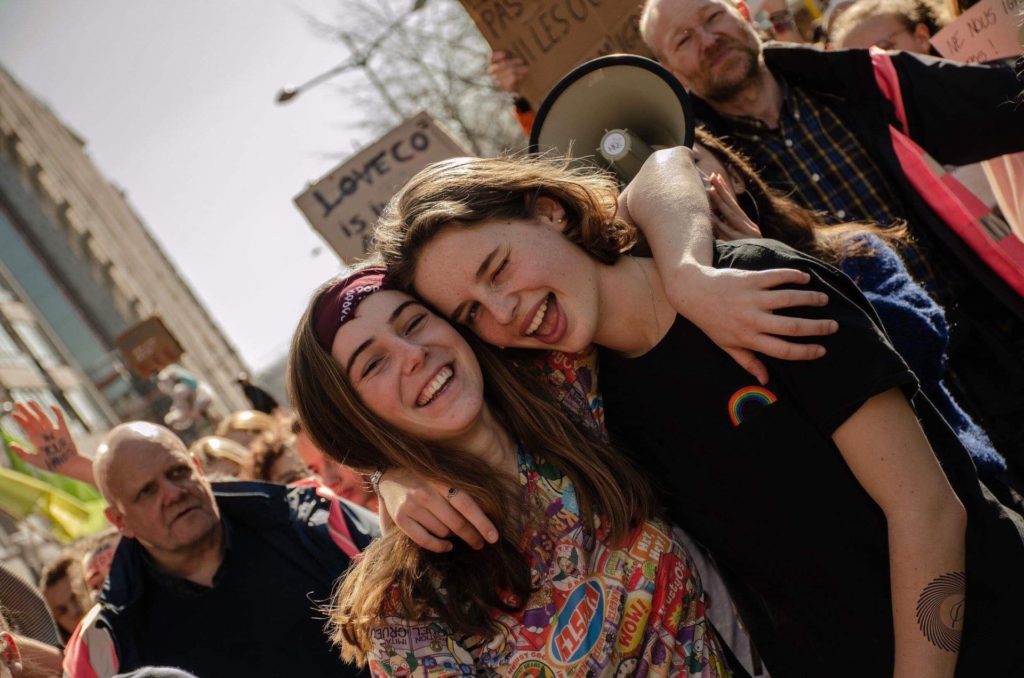
We are Adélaïde Charlier and Anuna De Wever, two climate activists that launched the youth for climate movement in Belgium, internationally known as Fridays For Future. We went on strike for weeks and weeks, for more than a year. We worked together with scientists, politicians and activists. We recently sailed to Latin America to attend the CoP in Chile and to understand the threat to the Amazon Rainforest and the Global South facing the direct consequences of climate change.
After this, we felt like it was time for our activism to evolve and for us to get closer to the decision making process at the European level. We started an internship in the Greens/EFA Group in February 2020 and decided to write a regular blog to share information on the preparation of the European Green Deal within the Parliament.
We want to build the bridge between the climate activists in the streets and the politicians in the European Parliament. We would like to offer young activists more information about the internal trade-offs to pressure the right points, and debate with our politicians to show them there are millions of people all around the world ready and waiting for change.